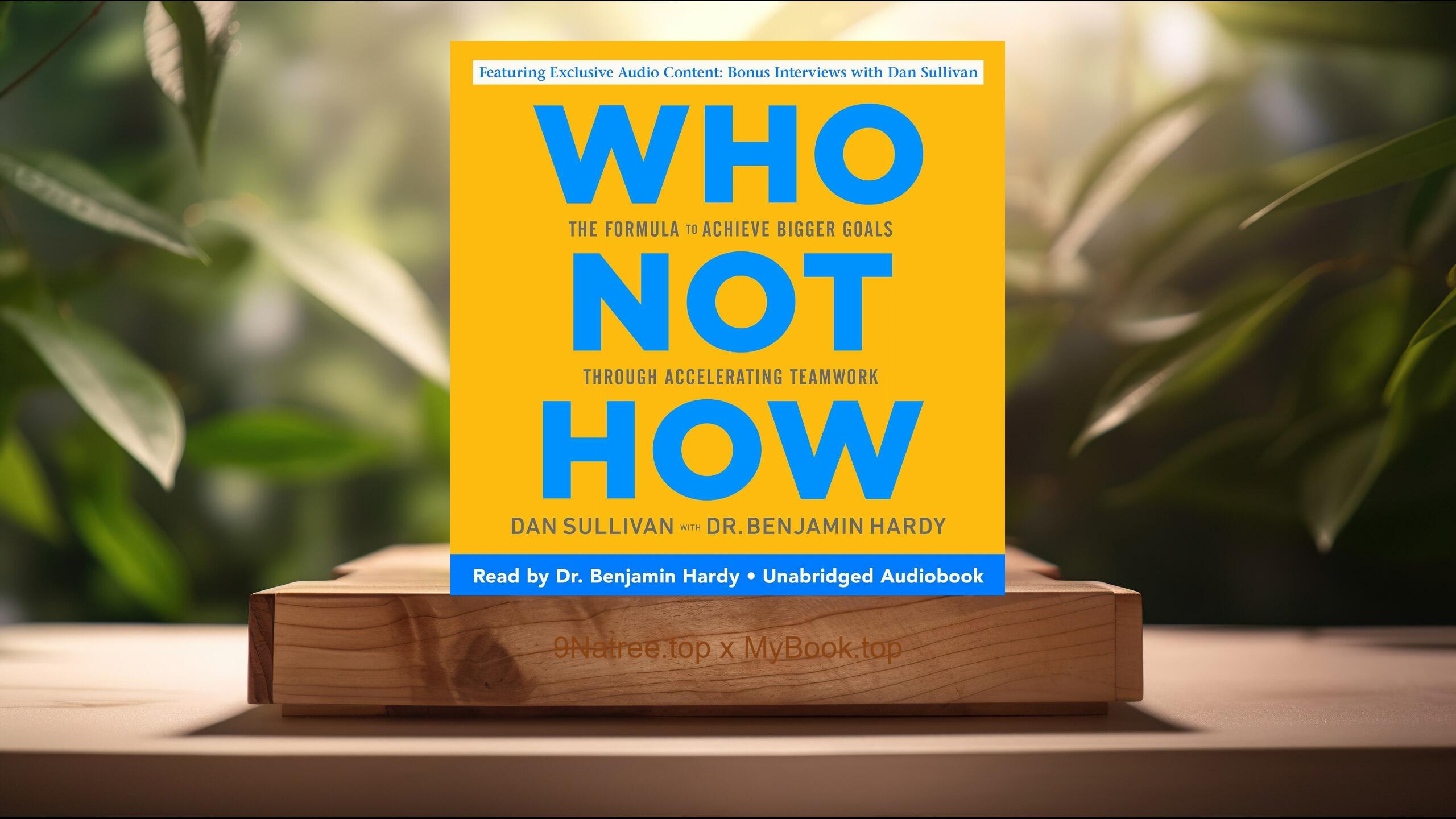Show Notes
- Amazon USA Store: https://www.amazon.com/dp/B084HJSJJ2?tag=9natree-20
- Amazon Worldwide Store: https://global.buys.trade/The-Psychology-of-Money-Morgan-Housel.html
- Apple Books: https://books.apple.com/us/audiobook/investing-for-beginners-this-book-includes-options/id1541857884?itsct=books_box_link&itscg=30200&ls=1&at=1001l3bAw&ct=9natree
- eBay: https://www.ebay.com/sch/i.html?_nkw=The+Psychology+of+Money+Morgan+Housel+&mkcid=1&mkrid=711-53200-19255-0&siteid=0&campid=5339060787&customid=9natree&toolid=10001&mkevt=1
- Read more: https://mybook.top/read/B084HJSJJ2/
#FinancialPsychology #WealthManagement #BehavioralEconomics #PersonalFinance #InvestmentStrategies #RiskandLuck #SocialInfluence #FinancialHappiness #ThePsychologyofMoney
These are takeaways from this book.
Firstly, The Role of Luck and Risk, One of the key insights in 'The Psychology of Money' is the critical role that luck and risk play in our financial lives, often shaping outcomes more profoundly than skill. Housel emphasizes that both success and failure in financial matters can often be attributed to factors completely outside an individual’s control, challenging the common belief that we are entirely the architects of our own fortune. He illustrates this with various examples, from the unpredictable nature of stock markets to the unpredictable consequences of geopolitical events on investments, to make a compelling case for humility and the acceptance of uncertainty in financial planning. This perspective urges investors to consider risk management and luck as central components of their strategy, promoting a more balanced and realistic approach towards investment and wealth accumulation.
Secondly, The Importance of Saving, Housel discusses the paramount importance of saving as a foundational principle of wealth. He argues that the ability to save is not just a matter of financial discipline, but also a reflection of one’s attitude toward contentment and delayed gratification. The discussion explores how personal savings act as a buffer against the unpredictability of life, providing financial security and freedom. By examining historical savings trends and psychological studies on happiness, Housel highlights that saving is not just about accumulating wealth but about ensuring peace of mind and a sense of control over one’s future. He advocates for a balanced approach to life, where saving is seen as a means to enjoy life’s pleasures without the stress and uncertainty that come with living paycheck to paycheck.
Thirdly, The Influence of Social Proof, Housel explores the concept of social proof in financial decisions, highlighting how our social environment significantly influences our attitudes and behaviors towards money. This section delves into the psychological tendency to conform to the financial habits and benchmarks of our peers, often to our detriment. Housel uses compelling anecdotes and studies to illustrate how social pressures can drive individuals to overspend, invest unwisely, or chase financial trends without proper consideration of their personal circumstances or long-term goals. The discussion emphasizes the importance of self-awareness and the courage to resist societal financial norms that do not align with one's financial health and happiness. It's a call to critically assess the 'keeping up with the Joneses' mindset and to make financial decisions based on individual values and objectives.
Fourthly, Wealth is What You Don't See, Housel introduces a paradigm-shifting perspective on wealth - 'Wealth is what you don't see.' This principle challenges conventional notions of wealth being equated with visible markers of luxury and status. Instead, Housel argues, true wealth is constituted by the assets and investments that one doesn’t immediately perceive: savings, investments, and properties, rather than expensive cars or the latest gadgets. This topic emphasizes the distinction between being rich (having a high income) and being wealthy (having a high net worth). By focusing on stories of individuals who prioritize long-term financial health over short-term displays of affluence, Housel encourages readers to reconsider their own definitions of success and wealth. This shift in perspective is crucial for making wise financial decisions that contribute to long-term happiness and stability.
Lastly, The Seduction of Pessimism, Morgan Housel addresses the intriguing allure of pessimism in the world of finance, explaining why negative outlooks often seem more intelligent and captivating than their optimistic counterparts. This section unravels the psychological biases that make bad news more appealing and memorable to us, leading to an overly cautious or pessimistic approach to investing and financial planning. Housel contrasts this with the historical reality that, despite short-term crises, the long-term trend of economic markets and human progress has been overwhelmingly positive. By dissecting the media's role in amplifying pessimistic narratives and the impact of this on investor behavior, Housel advocates for a more balanced and historically informed perspective. Understanding the seduction of pessimism is crucial for resisting the tendency to react to the immediate fears presented by the media and to make long-term financial decisions with a clear and balanced mindset.
![[Review] The Psychology of Money (Morgan Housel) Summarized](https://episodes.castos.com/660078c6833215-59505987/images/2168270/c1a-085k3-xxgo5zzzcm-6dgyds.jpg)




